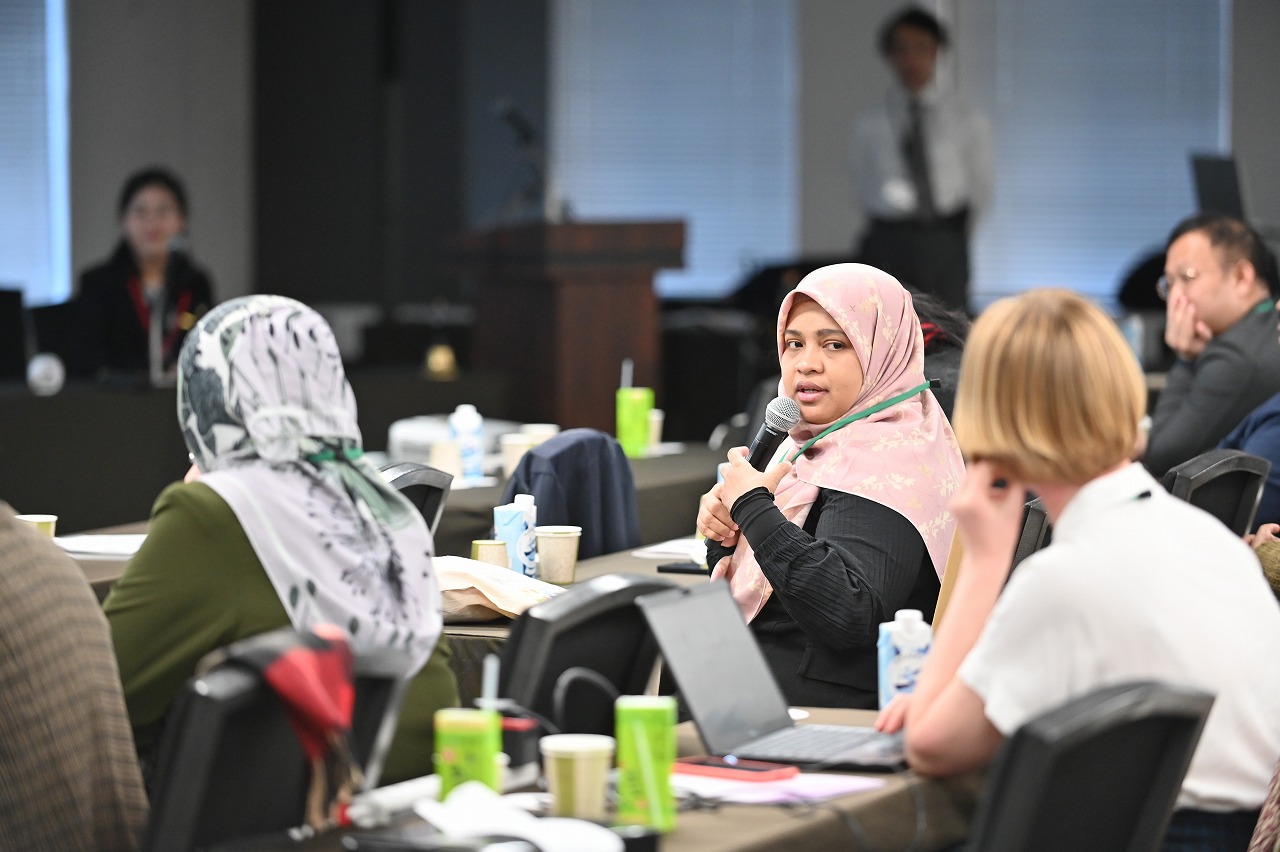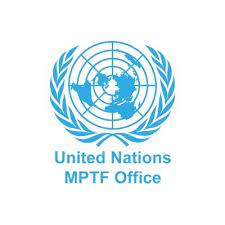
United Nations Multi-Partner Trust Fund
The Antimicrobial Resistance Multi-Partner Trust Fund (MPTF) combats the threat of antimicrobial drug resistance through strategic collaboration, sustainable streams of capital, and Sustainable Development Goal-focused responses that support localized ‘One Health’ National Action Plans. Activities proposed by the MPTF are directly in line with Mongolia's MNAP 2022-2025 to combat AMR, which emphasises the use of a One Health approach towards addressing AMR in Mongolia.
Mongolia faces a unique and growing threat from antimicrobial resistance (AMR), driven by high historical antibiotic consumption, limited access to healthcare and veterinary services, and widespread self-medication—especially among nomadic herders. In 2015, Mongolia reported the highest antibiotic use in the Western Pacific Region, though this has since declined due to stronger prescription regulations and awareness efforts. The country’s vast livestock population, harsh climate, and remote communities contribute to overuse of antimicrobials in both human and animal health sectors. In veterinary settings, susceptibility testing is sporadic and largely donor-dependent, while laboratory and surveillance capacities remain limited.
Recognizing AMR as a cross-sectoral issue, Mongolia has adopted a One Health approach through two Multi-sectoral National Action Plans (2017–2020, 2022–2025), jointly led by the Ministry of Health and Ministry of Food, Agriculture and Light Industry. Key progress includes antimicrobial sales restrictions, AMC monitoring, laboratory accreditation, and national awareness campaigns.
Despite these efforts, significant gaps remain—particularly in integrated surveillance, regulatory enforcement in animal health, and workforce capacity. The AMR MPTF supports Mongolia’s efforts through the “One Health Approach to Manage AMR and AMU in Mongolia” project, ensuring aligned, sustainable action across sectors and strengthening national capacity to address AMR through strong collaboration commitment of FAO, UNEP, WHO and WOAH.
Period: 1 January 2023 to 31 December 2026
Outcome objectives:
Outputs and key activities:
2025
2024
Development partners
Government counterparts

